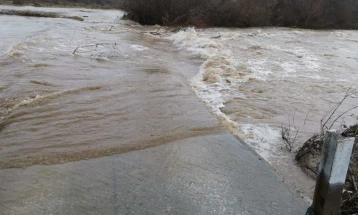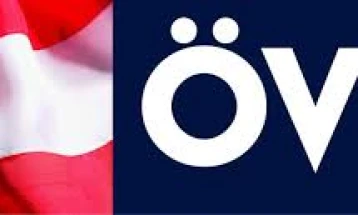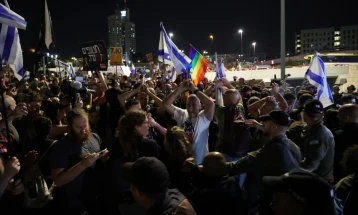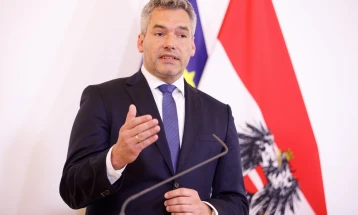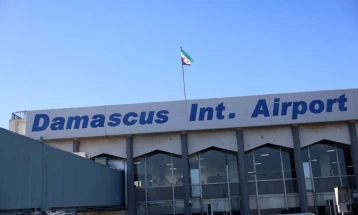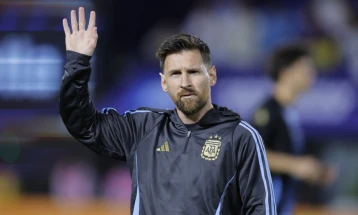EU sanctions Russia's destabilizing activities abroad for first time
- The European Union on Monday imposed for the first time sanctions on individuals and organizations thought to be responsible for Russia's attempts to interfere in political processes abroad.
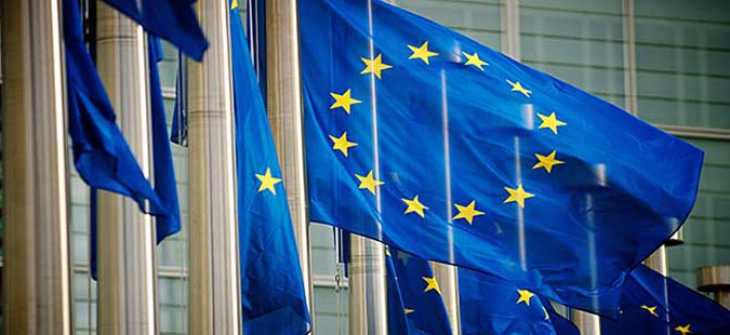
Brussels, 16 December 2024 (dpa/MIA) - The European Union on Monday imposed for the first time sanctions on individuals and organizations thought to be responsible for Russia's attempts to interfere in political processes abroad.
"These measures are in response to Russia’s malicious actions and its lack of respect for a rules-based international order and international law," an EU press release said.
Those slapped with sanctions "undermine the fundamental values of the EU and its member states, their security, stability, independence and integrity, as well as those of international organizations and third [non-EU] countries through hybrid activities of various kinds."
The targets include a unit of the Russian military intelligence agency "known for its involvement in foreign assassinations and destabilization activities such as bombings and cyberattacks across Europe."
The new measures target several individuals "who played a key role in a Russian intelligence operation against the German Federal Intelligence Service (BND) in which highly classified information was passed to the FSB," the statement said.
Russia's meddling in Africa is also pursued by the new sanctions as they add two disinformation networks active in different African regions and target Artem Kureev, the successor of late Yevgeny Prigozhin as head of the Wagner mercenary group in Africa.
15th round of sanctions
Also on Monday, EU foreign ministers signed off on the bloc's 15th round of sanctions since Russia started its full-scale invasion of Ukraine in February 2022.
The new economic measures aim to curb the circumvention of already existing EU sanctions and to weaken the Russia military and defence industry.
"With each new round of sanctions, we improve effectiveness and close gaps, and we will continue to do so, as part of our unwavering commitment to support Ukraine and its people," said EU Commissioner Maria Luís Albuquerque.
The formal adoption by foreign ministers gathered in Brussels follows an agreement by EU ambassadors reached last week.
Fifty-two vessels were added to the list of ships that are suspected of being part of Russia's so-called "shadow fleet" of oil tankers and subject to bans of a broad range of services and access to ports.
"These ships have been found to be engaged in high-risk shipping practices when transporting Russian oil or petroleum products, in arms deliveries, grain theft, or supporting the Russian energy sector," a press release said.
Additionally, another 32 companies are targeted with export restrictions for "contributing to the technological enhancement of Russia’s defence and security sector," the EU said.
Next to 20 Russian firms, the targeted businesses are based in China, India, Iran, Serbia and the United Arab Emirates.
A further 84 individuals and entities have been slapped with asset freezes in the EU and travel bans "for actions undermining the territorial integrity, sovereignty, and independence of Ukraine."
Ukrainian Foreign Minister Andrii Sybiha stressed the importance of the new sanctions package.
Addressing his EU counterparts by video link, Sybiha "urged continued pressure on Moscow, raising the cost of war for the aggressor, and strengthening Ukraine's defense capabilities," he wrote on the social media platform X.
MIA file photo
